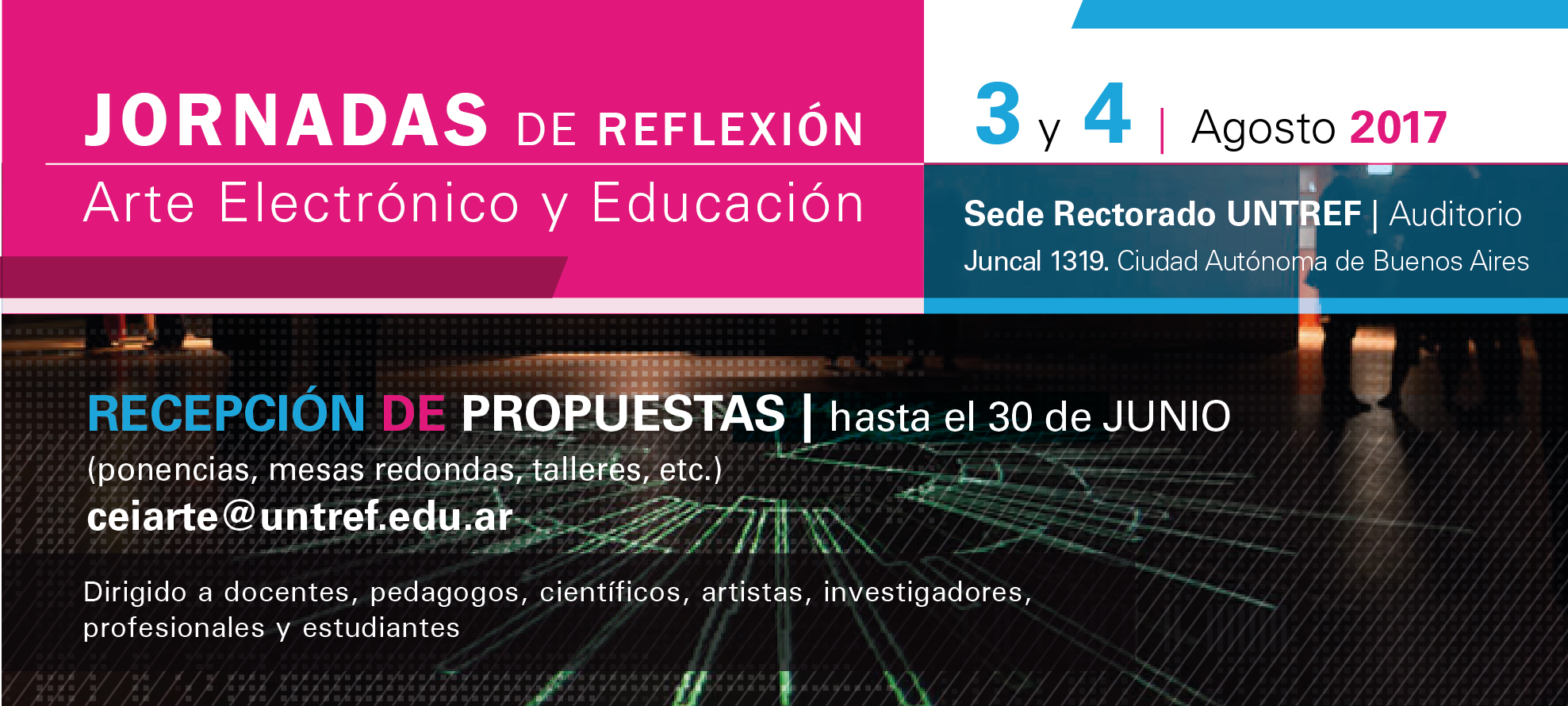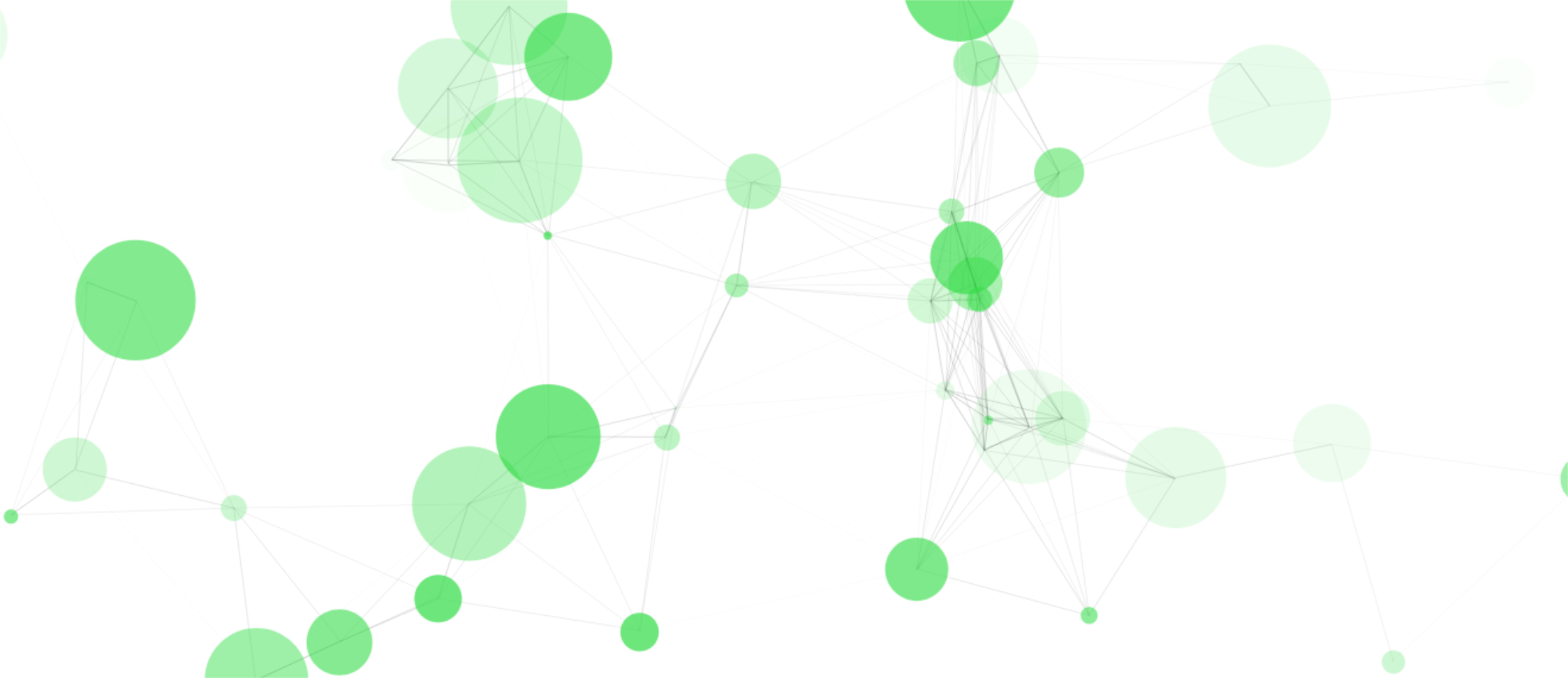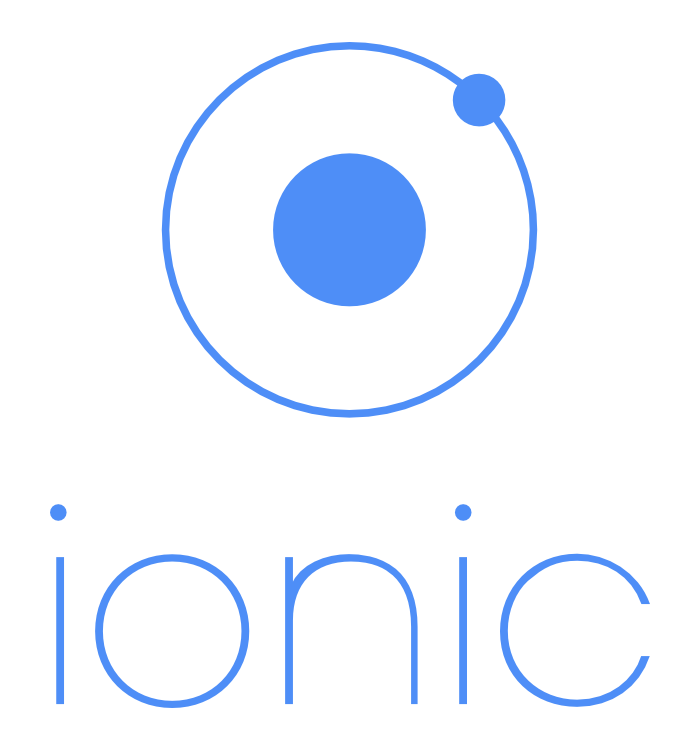We here present you with the story of the construction of international inter-cooperative ties with The Developers Society, a technology co-operative from the United Kingdom, oriented to work with NGOs.
The Beginning
In October 2018, in representation of FACTTIC (Federación Argentina de Cooperativas de Trabajo de Tecnología, Innovación y Conocimiento, which is the Argentinean Federation of Technology, Innovation and Knowledge Workers cooperatives), we participated in the V Cooperative Summit of the Americas, in Buenos Aires. This event helped us visualize the global map of cooperatives and in November, motivated by our purpose of working on, and developing, the cooperative sector both on a local and an international level, we began to investigate other technology cooperatives outside of Argentina.
We soon found CoTech, the United Kingdom’s network of technology cooperatives. Coincidentally Kayleigh, who is a partner in Outlandish, had already planned to take a vacation in Buenos Aires. In January of 2019 we carried out the first encounter in our office: we met, and bolstered the idea of traveling to the United Kingdom to create new inter-cooperative ties.
In April 2019 we embarked on our first international inter-cooperative journey: along with partners from Fiqus, we departed to London in order to meet CoTech and start knitting networks of collaboration among the tech-coops from all over the world. Here are the chronicles from this trip: https://uktrip2019.fiqus.coop/
Cooperating instead of competing
A few years ago, in FACTTIC, we created the FIT, (spanish initials for Inter-cooperative Work Flow), a place for inter-cooperation where through a horizontal and transparent work model we generated strategies to work together: we share commercial information, and build practices and procedures for commercialization and production that fit cooperative values. Our objective is to sponsor the development and economic stabilization of the cooperatives that take part of this space, and to promote and usher pre-cooperative groups.
We believe in systems of peers that allow us to escalate horizontally and sustain the incorporation of new actors into the network.
Besides our local work, many of the projects we carry out are for other countries, where we generally sell our workforce to traditional (or corporate) companies, adding value to their business. Even though in this process we learn and generate resources to stabilize ourselves, we often reflect on why, and with whom we do what we do.
This is how we started to wonder: is it possible to
generate a model of intercooperation, but among technological co-operatives from different countries?
The Developer Society
On our journey to the United Kingdom we got to meet The Developers Society (DEV to their friends), a tech-coop located in the city of Birmingham, oriented to working with NGOs, social organizations and groups that promote generating better living conditions for everyone in the world. They propose that the right use of technology can serve to reach more people and create a larger impact.
This approach from the partners at DEV really resonated with us, because it aligns very well with our own path and ideology: the idea of using technology, and our skills as workers in the technological industry, in service of building a world that is more fair, where we can all be included.
Our friends at DEV welcomed us warmly in their Birmingham offices, where we shared lunch and talked about our travelled paths: we found similarities and differences in our work processes, and spoke about the experience of intercooperation, which is also practiced in CoTech, and about the possibility of going across borders. We were immediately motivated by the idea of international intercooperation, and with the passing of weeks, the first approach between Cambá and DEV got underway.
The first project with DEV
Dev took the first step, as they were already working with an NGO who had requested some updates to their website. The development required the use of technologies we already worked with at Cambá: Python and Django. They introduced us to this client, and we were able to accomplish the changes they needed.
We distributed the tasks: our team performed the changes, and DEV’s team coordinated the production deployment, which meant we aligned our development practices. The outcome was positive. We found clarity, tidiness and good software development practices on our partners, which made easy getting the project to be successful with them.
Intercooperative project
On the next step, we worked in an inter-cooperative manner developing a website with Django technology. The team from Cambá worked alongside the team from DEV during six weeks, having periodical meetings to define tasks, questions, and the functionalities that were finally delivered.
The DEV experience
We asked John Dunford, from DEV, about his experience working intercooperatively with us.
– What was your motivation for working with us
We are always interested in finding great groups to collaborate with but they have to share our values and approach. One of the most important parts of the co-operative movement is about developing connections and working relationships between co-ops, so when we found out about some fantastic tech co-ops in Argentina we were always keen to find ways to collaborate.
– How was your experience working with our team
Really positive! A lot of our team work remotely, so we are pretty used to engaging that way. All that left was the timezone as a real barrier and the need to learn to work together with new teams but that all came easily. There are very few barriers to collaboration when everyone is positive, focused, and good at what they do so it was a great experience for us.
– Difficulties you have encountered, and things to improve (language, cultural barriers, etc.)
Some of our team have been very jealous of the quality of wine and steak available in Argentina, so that has created some tension – the UK just can’t compare there! And there’s definitely been a few people inspired to go and work in beautiful Bariloche like the Fiqus team but apart from those disruptions in our team, it’s all been great. Of course working with any new team means there are some learnings to do initially but it’s been a really great experience and we’re really proud to be a part of this great intercontinental co-operating.
New projects, new ties, new adventures
Something about this experience that has surprised us, is to see that on the other side of the screen (and the ocean) there are people whose concerns and goals are quite similar to ours. The ideological coincidence regarding things such as free software, fair trade, inclusion of all people, and care for the environment have made us feel less isolated, and have allowed us to think of ourselves as a motor for change, from different latitudes, different sectors, but with a shared yearning: to build a world that is more fair, healthier, that allows us to develop the best in ourselves, and share that with others. So, that’s what we’re up to.





4 comentarios
Añade el tuyo →Great story! I want to start an IT worker coop in Japan, too 😄
great! Do you want to tell us more about it? you can send us an email to info@camba.coop
Cool. We’re definitely in line with the vision. Let’s make it happen!
🙂